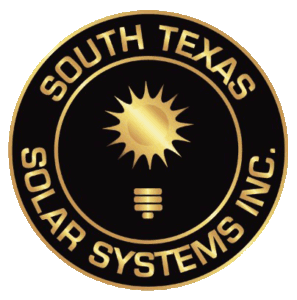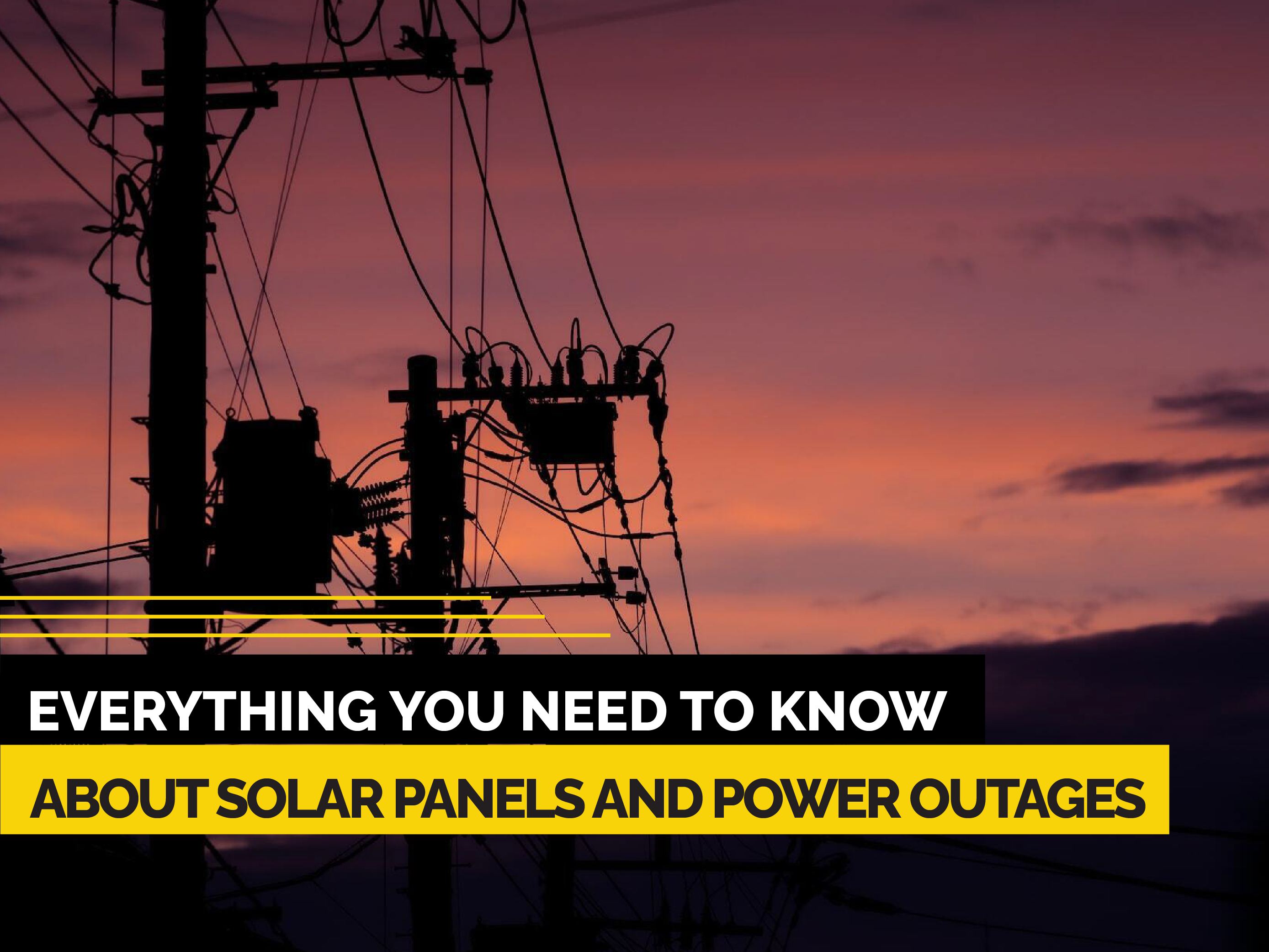
As the world works toward a more environmentally friendly future, topics like solar panels and power shortages are rising to the forefront. In this age of renewable energy knowing how solar panels affect power outages is essential for a safe and secure future in this age of renewable energy. This article will provide an overview of solar panels and power outages, discussing their potential benefits and drawbacks and how they may help mitigate the effects of blackouts.
How do solar panels work?
Photovoltaic solar panels (PV) technologies collect the sun’s rays and transform the energy into electricity. They are made up of a chain of solar cells that are all connected. Most solar cells are made of silicon. Solar panels might convert the sun’s energy into electricity stored in the cell’s battery. Households and businesses alike can benefit from solar energy generation.
Solar panel benefits
The ability of solar panels to reduce energy use and associated expenses is their primary benefit. When the sun is shining, solar panels may still produce electricity. It means electricity can be generated even if the grid goes down. In addition, solar panels do not release harmful pollutants or carbon dioxide, making them an excellent option for those who want to reduce their environmental footprint. However, there are many other ways to make your new home more energy-efficient with simple upgrades. Solar panels aren’t the only thing that can make your life more eco-friendly. For instance, if you make things more organized in your home, you can lead a greener life. Having an updated home inventory list can help you keep track of what you have, and you can check whether you still need those items or not. Also, this inventory can be useful during a move to ensure you don’t leave anything behind.
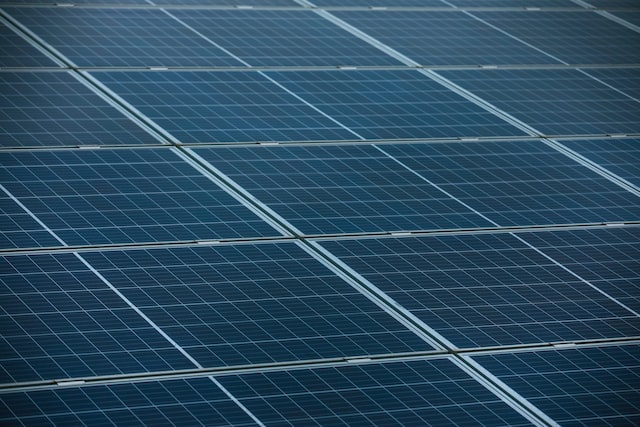
Negative aspects of solar panels
One should consider the drawbacks of solar panels despite their many benefits. The major drawback is the high initial cost. Installing solar panels can be pricey, and you may have to pay for them out of pocket before they start generating any electricity. Moreover, solar panels must be serviced and maintained frequently to function efficiently.
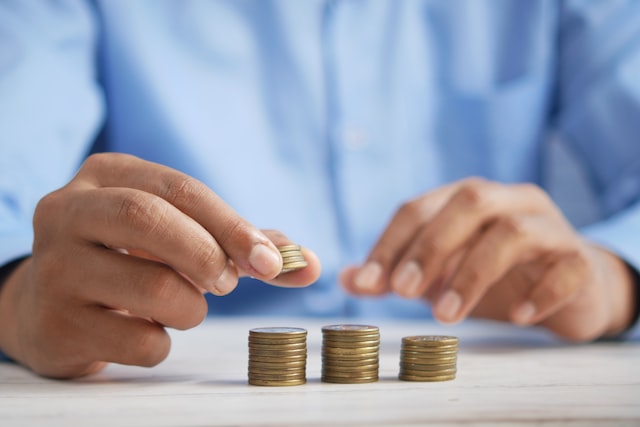
To what extent may solar panels help during blackouts?
Solar panels may help with power disruptions. Solar panels power homes and businesses until the electricity returns. They can store energy during power outages and are suitable for households and businesses. In addition to providing electricity during blackouts, solar panels in Texas may be used to reduce consumption during peak hours. Homeowners and businesses may relieve strain on the electrical grid and prevent blackouts by using solar panels to generate electricity during high-demand periods.
But what if you don’t own solar panels yet? If you’re planning on buying solar panels for your new home, experts from All Season Movers advise you to research your alternatives and the local energy market first. Consider the local climate, renewable energy subsidies, and solar panel costs. Whether you desire a grid-tied or off-grid solar system will affect which solar panels you install. Lastly, visit an expert in solar installation to acquire the finest South Texas solar system for your requirements and budget.
What happens if you have solar panels and power outages?
In the case of a blackout, some solar panel systems for the home may still function. One option is an off-grid South Texas solar system, which doesn’t need a solar converter to work on its own away from the grid. Off-grid systems are typically more expensive than on-grid ones because they can’t take advantage of the specialized payment plans available to on-grid solar systems. One such plan is net metering, in which excess solar energy is sold back to the utility company to offset the cost of additional electricity consumption.
A big problem with off-grid alternatives is that you have no backup plan if your solar panels break or don’t make enough power. On-grid South Texas solar systems, when needed, simply pull power from the existing power infrastructure. Simply put, if the electricity generated by your solar panels is insufficient to meet your needs, you will still get power from the conventional method. If your system is off the grid, you cannot use it. Thus, you’re out of luck if they can’t generate enough juice to meet your needs.
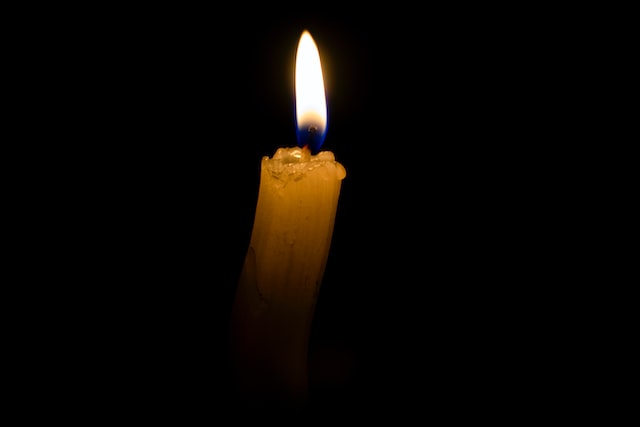
How battery storage may assist solar panels and power outages
The amount of energy used by the people who live in a house is a big part of why the owner might or might not put in a backup battery system. Many of the most up-to-date lithium-ion batteries can store enough energy to run a home’s essentials for at least 10 kilowatt-hours (kWh). That is plenty for running your home’s lights, refrigerator, and maybe some HVAC equipment.
Heating systems that use natural gas or propane use relatively little electricity. On the other hand, if a home has electric baseboard heating or air conditioning and an electric water heater and range, it may not be possible to supply these loads due to their high power consumption fully. Residents typically install a critical load panel to control which electronics and necessities are powered.
How much do solar batteries cost?
Solar battery capacity determines the cost. Larger batteries cost more, whereas smaller ones cost less. Capacity and other factors determine your battery’s pricing. During a blackout, running your house on backup power would cost more. If you experience regular power outages, stable electricity may be worth the extra cost. Lower grid consumption lowers monthly power expenditures.
Homeowners should pay $200–$15,000. Because of its high capacity and dependability, the $8,500 Tesla Powerwall is a solid choice. Consider how frequently and for how long your electricity goes off while selecting. Invest in a large-capacity battery if you live in a region prone to protracted outages.
Conclusion
As the world works toward a more environmentally friendly future, topics like solar panels and power outages are rising to the forefront. Using solar panels can cut down on your energy bill and your carbon footprint, and they can also provide backup power in the event of a blackout. We can ensure the future is safe and secure by knowing the pros and cons of solar panels and how they can be used to lessen the effects of power outages. Solar panels can store energy and reduce use during peak hours to avoid power outages.
